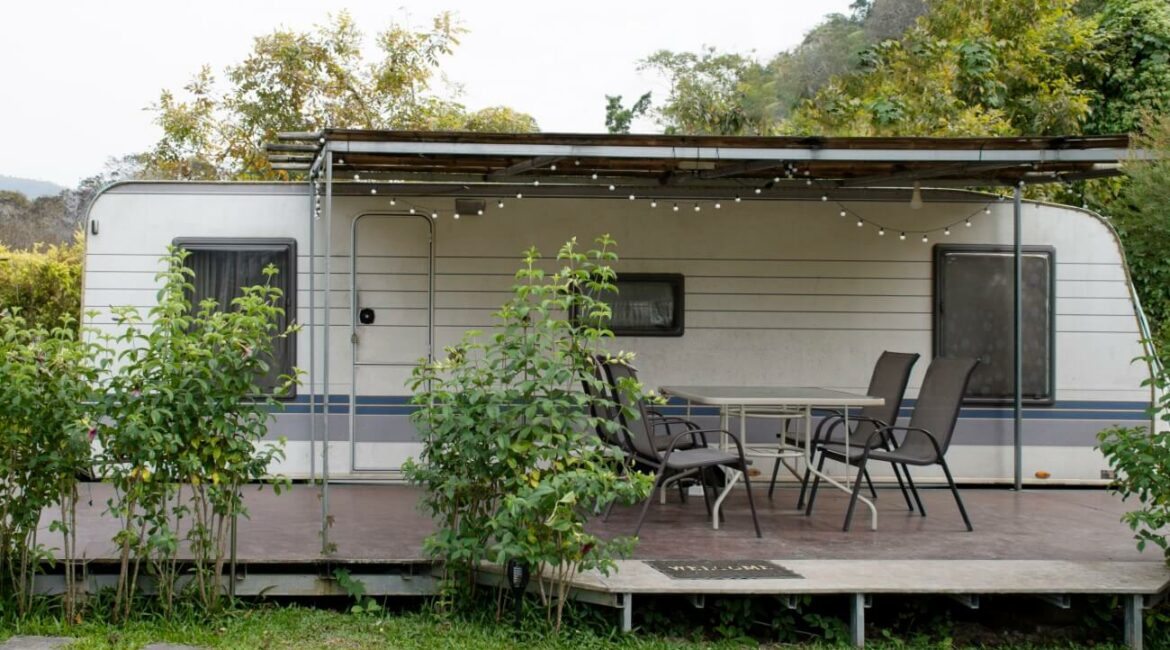You’ve had one of those moments, right? After a long day on the road, you reach for a cold drink in your RV fridge, only to find it’s lukewarm. Meanwhile, your freezer is working just fine. It’s perplexing, and honestly, a bit frustrating. But don’t stress; we’re here to help. Let’s dive into the possible reasons and solutions.
The Basics of RV Fridge Operation
To understand the issue, it’s essential to grasp the basics. Unlike your home refrigerator, which uses a compressor, an RV fridge typically operates on a principle known as absorption refrigeration. This method leverages heat to circulate a mixture of chemicals that cool your fridge. Sounds simple, but many things can go awry.
Ventilation is Key
A primary reason your fridge isn’t cooling, even if the freezer is, might be inadequate ventilation. The cooling coils, found on the back of your fridge, release the absorbed heat. If they can’t, the heat stays trapped, affecting your fridge’s performance. Regularly inspect the vent for any obstructions, and ensure the fan (if equipped) is running smoothly.
Check for Level
RV fridges rely on gravity to circulate the chemical mixture efficiently. If your RV isn’t level, this circulation can be hampered. So, next time your fridge feels warm, it might be a good cue to check your RV’s level.
Temperature Settings and Overloading
While it may sound obvious, make sure to check your fridge’s temperature settings. Maybe they got adjusted unintentionally. Also, remember, overloading the fridge can impede air circulation. Give your food some space!
When in Doubt, Reset
If all else fails, a hard reset can sometimes do the trick. Turn off the fridge, disconnect from the power source for a few minutes, and then reconnect. It’s the RV equivalent of “have you tried turning it off and on?”
Maintenance and Cleaning: The Often Overlooked Step
While troubleshooting is critical, preventive measures can often help you avoid these problems to begin with. Regular maintenance and cleaning of your RV fridge can go a long way. Dust and debris can accumulate on the coils and vents, impairing their function. Cleaning them periodically ensures that your fridge operates efficiently. Also, remember to wipe the inside to prevent mold and odors, especially if the RV is going to be unused for an extended period.
The Importance of Seals and Gaskets
A fridge’s efficiency is also determined by how well it retains its internal temperature. The seals and gaskets on the fridge door play a crucial role in this. Over time, they can wear out or get damaged, causing the fridge to lose its cooling capability as the cold air leaks out. Checking the integrity of these seals and replacing them when they’re worn can ensure your fridge and freezer function optimally.
Power Source Troubles: Is It Your Battery or Generator?
Your RV fridge can run on multiple power sources, including your battery or a generator. If you’re facing issues with the fridge’s cooling, it might be worth checking if the power source is delivering the necessary voltage. A low battery might not provide enough power for the fridge to function correctly. Similarly, if you’re using a generator, ensure it’s running smoothly and efficiently.
Ambient Temperature: External Factors Affecting Cooling
The external temperature can influence the performance of your RV fridge. If you’re parked under the scorching sun, your fridge might have to work extra hard to maintain its temperature. Consider parking in shaded areas during hot days or using external shades to keep the RV cooler, which in turn aids in better fridge performance.
Consider Upgrades: The World of Fridge Enhancements
If you’re finding that your RV fridge consistently underperforms despite all your troubleshooting and maintenance efforts, it might be time to consider some upgrades. There are numerous aftermarket products available, from cooling fans to enhance ventilation to digital thermostats for more accurate temperature control. Research and invest in those that best suit your needs, ensuring you always have a cold drink at hand after a day of adventures.
FAQ : Troubleshoot Your RV Fridge
Why is my RV freezer working but not the fridge?
This could be due to several reasons like poor ventilation, the RV not being level, unintentional adjustment of temperature settings, or overloading.
How do I ensure proper ventilation for my RV fridge?
Regularly inspect the vent for any obstructions, and if your model has a fan, ensure it’s running smoothly.
Does overloading affect my RV fridge’s cooling?
Yes, overloading can impede air circulation. Always give your food items ample space.
I’ve checked everything, and it’s still not cooling. What now?
Try a hard reset. Disconnect from the power source for a few minutes and then reconnect.
Are RV fridges different from home fridges?
Yes, while home fridges use a compressor, RV fridges typically use absorption refrigeration, which operates on heat and gravity.
Driving an RV is all about freedom, adventure, and some minor troubleshooting now and then. Your fridge playing up can be a little setback, but with a bit of knowledge, you’re equipped to handle it. Safe travels!
- Transform Your Health with Medford Medical Weight Loss Program - June 9, 2025
- A Chat with Nate and Mika, Christian Wedding Photographers - July 18, 2024
- Ultimate Guide To Playing Online Casinos - May 27, 2024








